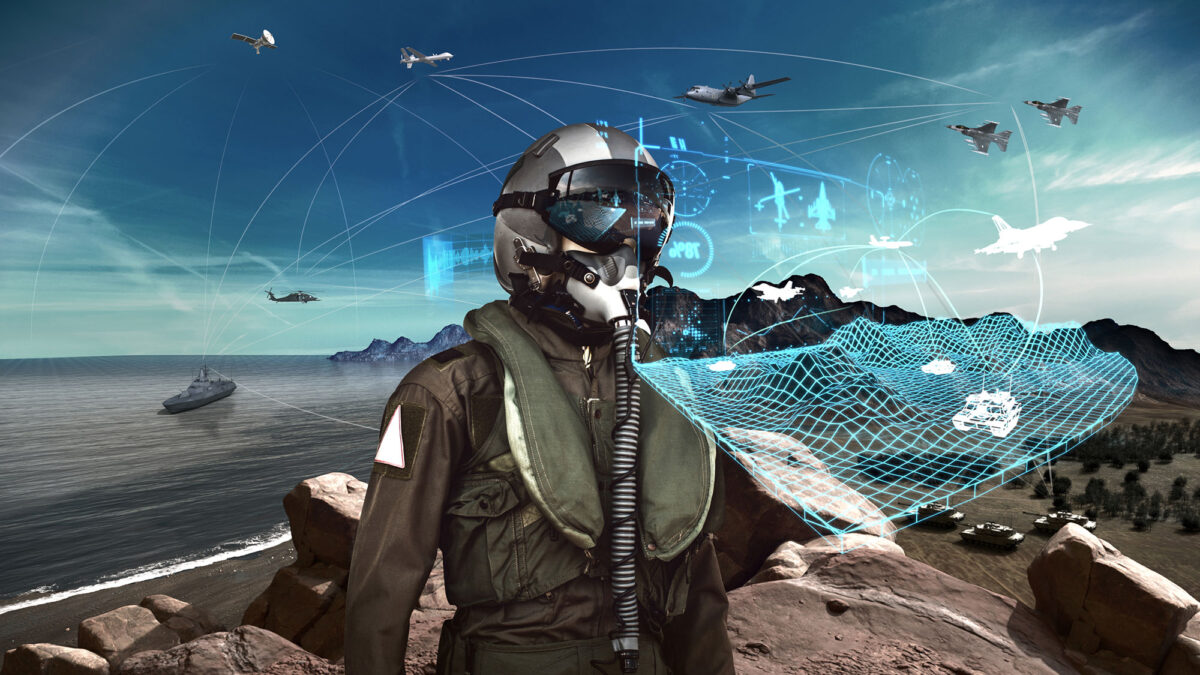The Royal Canadian Air Force (RCAF) plays a vital role in Canada’s defence and contributes significantly to global peace and security. Recognizing a century of service to Canada and to its Allies, the RCAF embodies the values of excellence, integrity, and dedication. It remains a pillar of aviation professionalism and a source of pride for all Canadians.
As we celebrate its century-long commitment of safeguarding Canada and North America, this milestone provides us with the chance to celebrate and honor the RCAF’S remarkable accomplishments and reflect on its past. However, it is also an opportunity to look to the future of the RCAF as well as the Canadian Armed Forces (CAF), and to consider what it will take to ensure our vital national security institutions are well-equipped, prepared, and supported to take on the challenges of the next 100 years.
With the Future Aircrew Training (FAcT) program, the Government of Canada has recognized that the ongoing modernization of the RCAF demands not only new and more capable equipment, but also significant investments in personnel. Advanced training technologies and processes will lay the groundwork for a new generation of operational aircrew and will ensure the RCAF remains agile and mission ready as new equipment is brought into service.
Such investments will be critical across the CAF, particularly given the evolving and increasingly difficult international security environment. For its part, the rate of RCAF recapitalization is unprecedented and accelerating; new 5th generation aircraft such as the CF-35 and the Canadian Multi-Mission Aircraft will join existing platforms such as the MQ-9 SkyGuardian remotely piloted aircraft in RCAF service. Alongside supporting capabilities delivered as part of the NORAD modernization effort, these advanced systems are catalysts for even further change. They also bring new sustainment challenges and highlight the importance of a resilient and capable defence industrial base in Canada.
CAE is a world leader in advanced flight training and simulation products and services. For more than 75 years, we have collaborated with Government and industry partners alike to design and deliver advanced training services and technologies that enhance the mission readiness of the CAF. As we deliver critical training services across the RCAF, we continue to develop our technology to anticipate and support the operational needs of our customers. And we’re not alone. Across Canada, dedicated aerospace and defence organizations of all sizes, both national and global in scope, provide capabilities and infrastructure critical to our security at home and around the world. We are proud members of an industry sector that understands its key role in national security and is ready and willing to do its part to move the CAF forward. Many of us in the Canadian defence and aerospace industry started our career as members of the CAF, and now years later, we remain focused on supporting Canada and the CAF in achieving their mission.
Other NATO governments recognize the value of strong and resilient defence industrial partners and acknowledge them as key enablers of stability in an increasingly unstable world. However, more work is needed in Canada to create a true partnership between the public and the private sectors to successfully modernize the CAF, deliver on our recent defence policy commitments, and demonstrate value for Canadians. To ensure the CAF has what it needs to successfully take on the challenges ahead – both at home and as part of our commitment to NATO – Canada must have a proper defence industrial strategy.
This means that more than ever, industry must have a seat at the table to help support and shape policy, and to play a meaningful role in collectively building and implementing solutions for the future. Whether it’s identifying opportunities to address critical personnel shortfalls within the CAF, engaging in collaborative policy development, or improving industry’s own processes to better manage costs and provide Government with enhanced transparency on profits – we must be willing and ready to do our part to return the CAF to peak readiness. It is only through the diligent and disciplined execution of a robust defence industrial strategy that Canada will be able to effectively leverage the industrial might of its world-class aerospace and defence sector – a sector built over decades with private and public investment alike, and one that we will certainly need in the future. Canada has only to look at other NATO countries as an example.
While there are still many challenges to overcome, industry is not resting on its laurels – we are ready to support the RCAF and CAF prepare for the next 100 years as it continues to play a pivotal role in national and global security.

